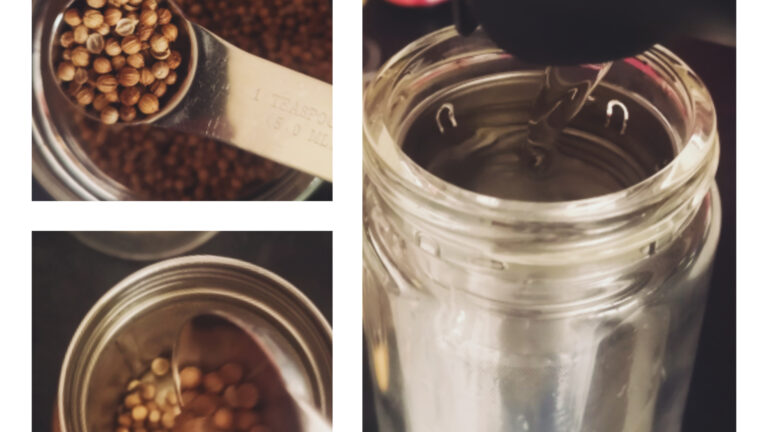For many women, hot flushes or flashes can be frequent and uncomfortable. Some experience them during their period, but more commonly it’s when we reach perimenopause and menopause that more women will experience them.
It’s not fully understood what causes the hot flashes during (peri)menopause, but it’s thought to be connected to unpredictable and declining estrogen levels.
It’s not only a symptom of (peri)menopause, it can also be a side effect of medications or a sign of an illness. When I am in a Crohn’s flare, I can experience hot flashes; although I am considered perimenopausal, so who knows which it is? The ladies I work with through the MS Society were saying a similar thing.
I follow a lot of doctors and healthcare professionals who are interested in getting to the root cause of symptoms, rather than just masking them. I am in that camp too. I am too curious about what’s going on to just accept a pill or injection to suppress the symptoms. Everything happens for a reason.
One of the many areas of interest I have is Ayurveda, the sister science of Yoga, and an ancient healing method. One of my teachers told me that in the East, they don’t have menopause in the way we do, they don’t even have a word for it because so many women have their period stopped without the huge list of symptoms we do in the West!
When I am working with clients in my The Healing Rebel programme I use some of the principles of Ayurveda to help on the healing journey.
One very simple recipe I share for helping reduce hot flushes is coriander seed tea. I make the tea at night, leave it to brew overnight, then drain of the seeds in the morning and sip throughout the day. You could make it and drink it as a warm drink too. Coriander seeds are great for your digestion and are a lovely cooling herb. Don’t worry if you don’t like the taste of coriander leaf – it doesn’t taste anything like it.
 Coriander Seed Tea
Coriander Seed Tea
1 teaspoon coriander seeds
1 cup of water
Brew overnight & sip throughout the day.
In addition to that you should be consuming around 2 litres of water a day (more if you are in climate-controlled rooms eg air conditioning or heating or are exercising and sweating a lot). It’s also strongly recommended you avoid caffeine and alcohol as they are common triggers for hot flashes.
